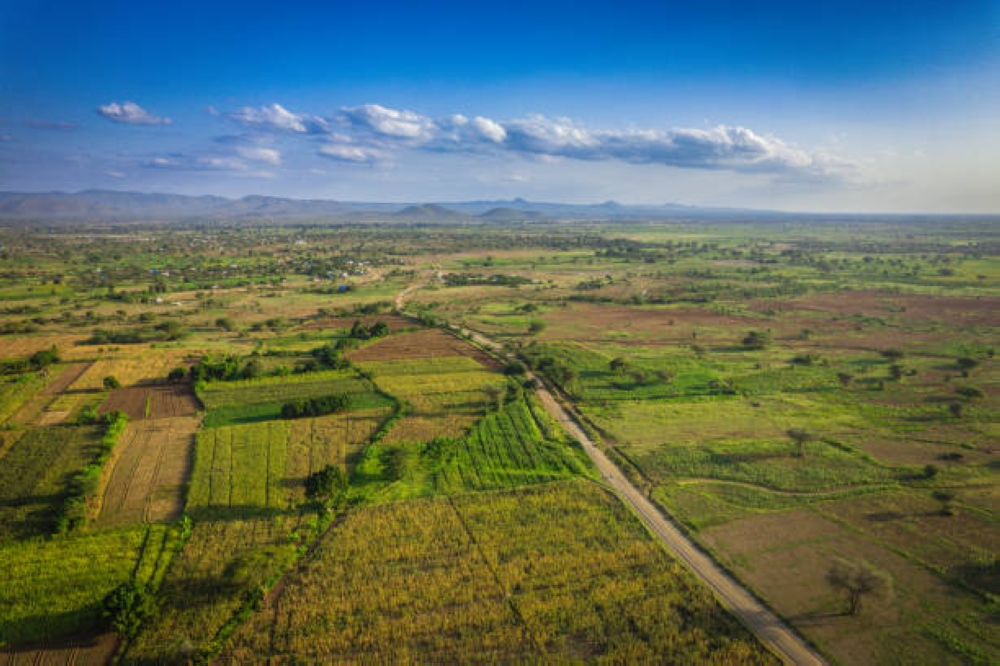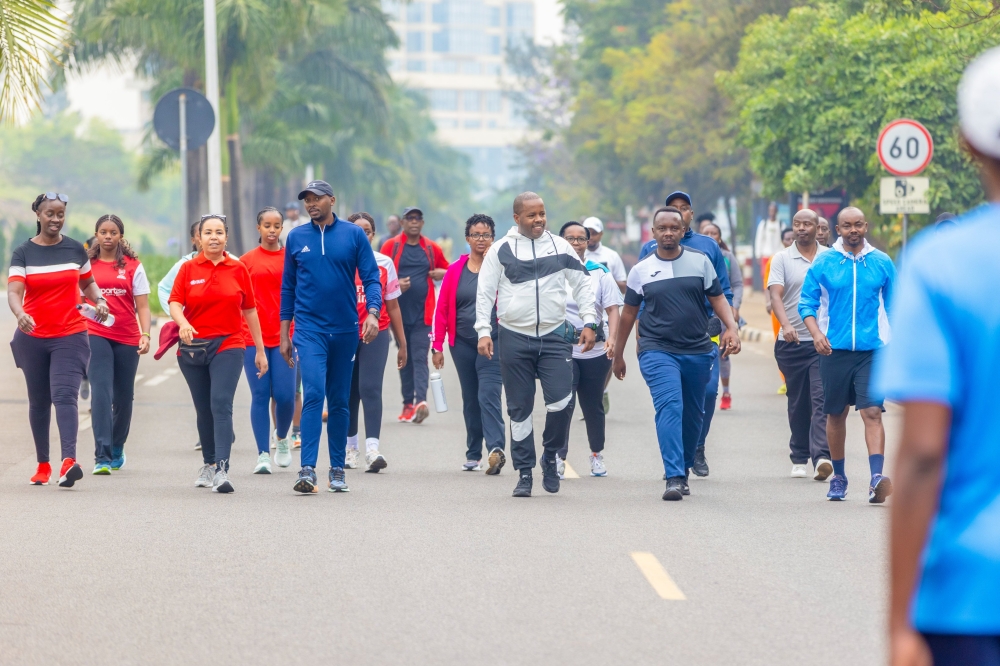SOUTHERN PROVINCE HUYE — Visiting legislators from the Southern Sudan Legislative Assembly based in Juba have lauded the peace and reconciliation initiatives in the country, 15 years after the 1994 Genocide against the Tutsi that claimed over 1 million lives.

SOUTHERN PROVINCE
HUYE — Visiting legislators from the Southern Sudan Legislative Assembly based in Juba have lauded the peace and reconciliation initiatives in the country, 15 years after the 1994 Genocide against the Tutsi that claimed over 1 million lives.
The lawmakers who are on a visit to draw lessons from Rwanda’s unity and reconciliation process on Thursday visited the National University of Rwanda’s, Centre for Conflict Management, where they were briefed on the working processes of the centre and its contribution to the unity and reconciliation drives countrywide.
Speaking to The New Times, James Lual Deng, a member of the peace and reconciliation committee of the South Sudanese legislature, and head of the delegation, said that he was impressed by the work being done by different government institutions towards peace building in Rwanda.
He said: "Gacaca courts have done a commendable job in bringing perpetrators of the Genocide to justice. Without justice you cannot bring about reconciliation.”
The legislators explored possibilities of training within the centre in conflict management for trainers from Southern Sudan and other partnerships in the education sector.
Deng, said that out of the 63 public and private universities in Sudan, only three are in Southern Sudan.
"The South has been greatly marginalised in the education sector in that majority of students who attend these three universities in the South are from the Northern part of the country,” said Deng.
Gideon Kainamura, the chairman of the Foreign Affairs committee in the chamber of Deputies expressed satisfaction with the mission and realisation of the centre and its contribution in fostering unity and reconciliation.
"The centre is doing a good job but it needs to be strengthened. It should also be able to disseminate as far as possible its findings to all Rwandans,” said Kainamura.
Ends




